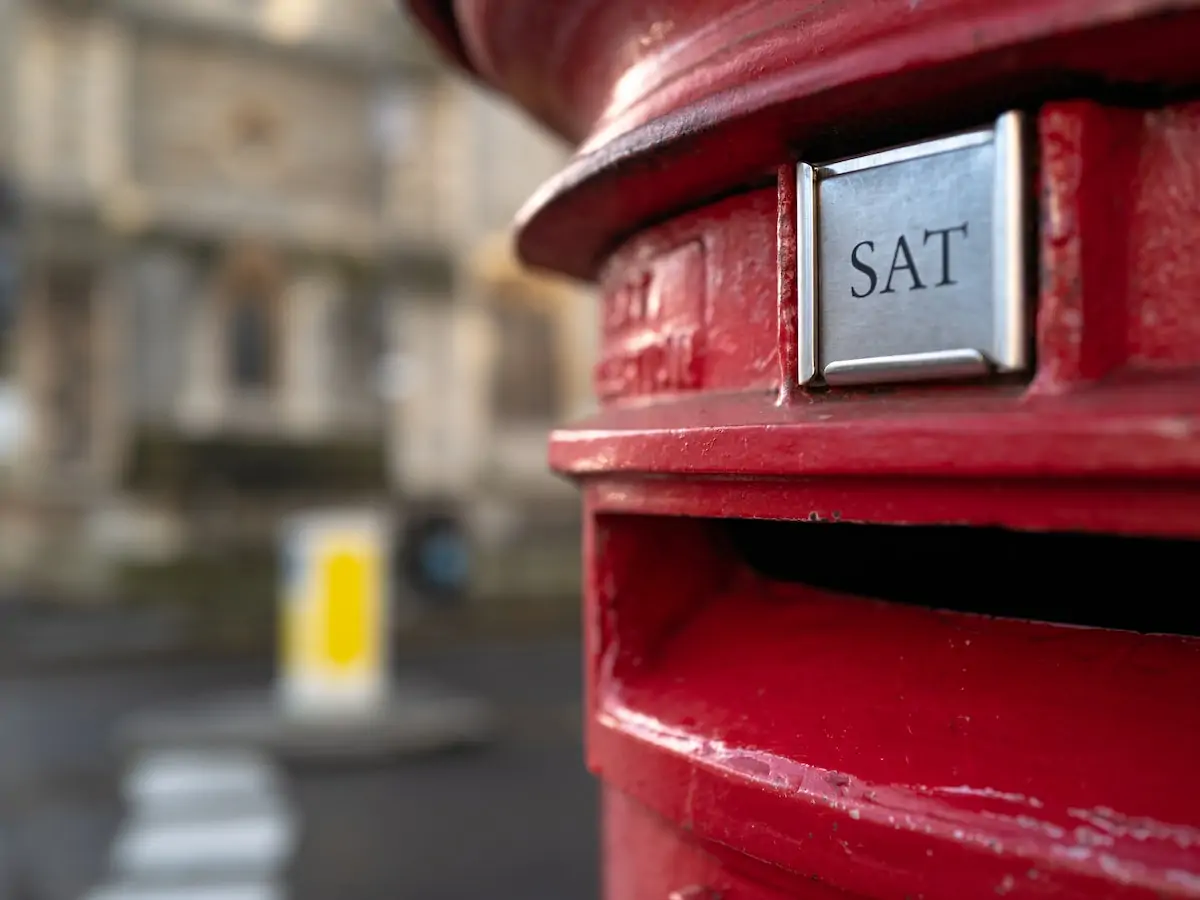
Explaining VAT
11 Sep 2014VAT information and advice
VAT can be tricky to understand when you’re a start-up or even if you’ve been in business for a while.
We’ve written this article to make it clear and to help you ensure that you have the most effective set up for your small business. We offer a range of vat services, all are affordable, using the latest software as well as traditional, experienced accountants input. Get in touch to discuss how we can help your business.
Put simply, you must VAT register if you are turning over £81,000 or more unless you are trading one of the few VAT exempt products or services. But, there are some occasions where you might like to voluntarily VAT register even if you haven’t reached the threshold.
Exempt, zero rated or standard rated?
Your product or service will fall into one of 3 VAT categories: Exempt, Zero Rated and Standard Rated. Within each of these you will find different VAT schemes. For now let’s stick with selecting the correct category for your business by first considering the pros and cons of being VAT registered.
The potential downside of being standard rated for VAT?
If you happen to be trading standard rated products or services you will have to consider your pricing structure carefully.
For example, if you have a standard rated product which is selling for £100 and you then become VAT registered 20% of that £100 then belongs to HMRC. To maintain margins, most VAT registered traders would increase the price of this product £120 to ensure that VAT bill is covered without affecting profits.
Being VAT registered essentially means that you are a collector of tax for HMRC. You must pay 20% of your gross turnover to HMRC on a quarterly basis which you may have collected by increasing your prices.
So when the time comes to register for VAT do you increase your prices by 20% or do you take the hit?
Completing and filing VAT returns is also time consuming as a lot of bookkeeping is entailed. It is advisable to ask an accountant to carry out VAT returns on your behalf but this is of course an added cost.
In a nutshell, being VAT registered could make your products pricier and will cost you more in accountancy fees.
If you have standard-rated products it would be very rare that you would voluntarily register before you have reached the £81,000 threshold.
The advantages of being VAT registered?
We started with the cons as the one pro is so great that in some cases it will outweigh the negatives.
Being VAT registered means that you can claim back all VAT paid on business purchases and expenses. And this where voluntary registration comes into play.
If you are selling a Zero-rated product such as children’s clothing or fruit and veg you should VAT register straight away. Why? Because you do not have to increase your prices as your VAT rate is 0% but you can claim back all VAT you have paid out which can be very lucrative.
Being VAT registered also carries a certain amount of credibility when business to business.
Which product or service for which VAT type?
The product or service you trade will dictate which VAT category you fall into.
Exempt
If you are trading things like insurance, finance, credit, medical supplies, education and training are all VAT exempt.
Selling a VAT exempt product or service is good as it means that you do not have to charge VAT ever regardless of your turnover which means your prices are purely set by you. The downside is that you can never claim back VAT paid on purchases or businesses expenses.
Zero-rated
Things like childrens clothing, vegetables and cold take-away food are all zero-rated. If you are trading a zer-rated product arguably you are in a great position as you are able to claim back all VAT paid out while charging a rate of 0% on your product thus not affecting your pricing. If you are in this position it is highly advisbleto register for VAT as soon as you start trading regardless of if you have reached the threshold or not.
Standard rated
If you aren't exempt and your product isn't zero-rated then you are most definately standard-rated. Standard rated means that you have to charge 20% VAT on all of your produts as soon as you are VAT registered. While you can also claim back the VAT you pay out we would not advise you to register before you reach the threshold.
Get in touch if you need advice on VAT or are about to register for VAT or perhaps you need strategic business advice, tax or accounts help or are looking for a new accountant.





















